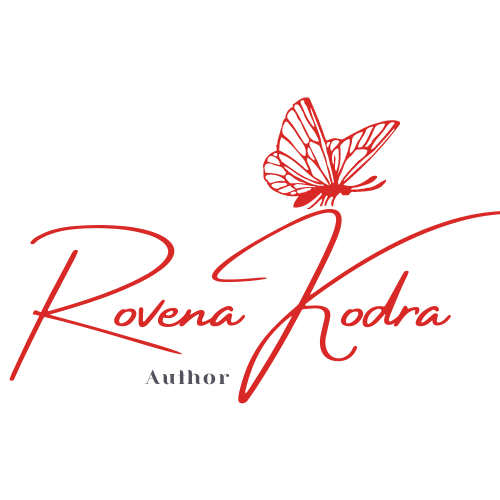Perfection: A Misunderstood Game of Our Own Making
“Unraveling the Illusion: How Our Definitions of Perfection Hold Us Back”
Unraveling the Self-Imposed Norms That Define Our Lives
We live our lives guided by definitions, often with a desperate need to fit into each and every one—particularly those admired and cherished by the masses. But here’s a question: Who defines these standards? Who is society? When you ask that, extend it to yourself—aren’t you society? And if we, collectively, created these norms, what does that make us?
Take a moment to reflect on this. We've created an incredible structure—a system of rules, and definitions to organise our world. It's brilliant, but somewhere along the way, we forgot that we were the creators. Now, instead of playing a game of our own making, we feel like participants in someone else’s game, desperately trying to fit within the definitions we ourselves devised.
Perfection, as a concept, is no different. It’s nothing but a checklist, a series of expectations we’ve constructed for ourselves.
The danger lies in our desperate need to fit into these self-imposed moulds. We cling to the belief that humans are not perfect, and that’s our excuse for everything that doesn't meet our idealised standards. It’s a clever trick we've play on ourselves—a comforting lie that keeps us stuck in a loop of imperfection. It becomes a justification for our failures and shortcomings, and we accept it. Why? Because we’ve given ourselves permission to believe that we’re not perfect.
Are You the Only Thing Standing in Your Way?
Now, here’s a question: Look around you. What do you see? How many capable people do you know? People who have achieved things once thought impossible? What’s the difference between them and you? Aren’t you both human? If they can do it, doesn’t that mean you can too?
The real difference is in belief. If you think you’re imperfect, you’ll act that way. You’ll give yourself permission to fall short because everyone else accepts imperfection. It becomes just another expectation we fulfil, accommodating society’s belief that everyone is imperfect.
What if the very idea of imperfection is just another rule you’ve imposed on yourself? Look again at the world and the people around you—if they can achieve greatness, if they can push beyond “limits”, then perhaps everything and everyone is already perfect. The only thing standing in the way is the belief that you are not.
So, why keep chasing an illusion of perfection when you’re already there, simply because you are?
The Perfect Parent Paradox
Let’s take a step back and look at how we, as parents, often handle the idea of perfection. We’ve adopted this belief that no one is perfect—ourselves included. We make mistakes, and while we say it’s okay, we aren’t truly at peace with it. Deep down, there’s a desperate yearning to be perfect, even though we accept we’re not. And yet, this belief shapes how we raise our children.
We teach them that being human means making mistakes, that perfection isn’t attainable. But if we’re honest, we want them to be perfect. We hold them to these impossible standards, to fit neatly into every box of perfection we’ve created. It’s almost as if we’re saying, “I may not be perfect, but I can create perfection through my child.” The weight of that expectation, whether we realise it or not, is heavy.
And then, when they inevitably fall short, we feel guilty. We offer them comfort, telling them, “It’s okay to make mistakes, nobody’s perfect,” trying to soothe the very pressure we placed on their shoulders. Take the concept of beauty for example. We say, “You’re beautiful in your own way”, but what does that really mean? Are we suggesting they’re not beautiful in everyone else’s way? Are we implying that even we don’t see them as meeting society’s standards? And when we tell them, “You’re perfect just the way you are,” what are we actually saying? Do we truly know who they are, or are we only defining them by the narrow definitions we’ve imposed on them?
Think about it. We define them based on the qualities we value—good at math, check, smart; kind to others, check, a good person. We keep comparing them to our idea of what they should be. They sense it. They know they aren’t perfect the way they are because we keep reminding them of how they’re supposed to be.
So what’s the real message we’re giving them? We want them to excel, yet we offer them all the reasons not to when they don’t—telling them that no one’s perfect and mistakes are inevitable. But maybe it’s time to shift our focus. Instead of fitting them into our predefined boxes, and shape them into our concept of perfection, let’s start seeing them for who they truly are—without labels, without expectations, without the need to fit into any mould. It is not them who are falling short; it’s our definitions of perfection that do.
Perfection isn’t some unattainable standard—it’s the truth we’ve forgotten. Let’s remind our children they’re perfect, not because they fit into a box, but because they have the power to create the box.


